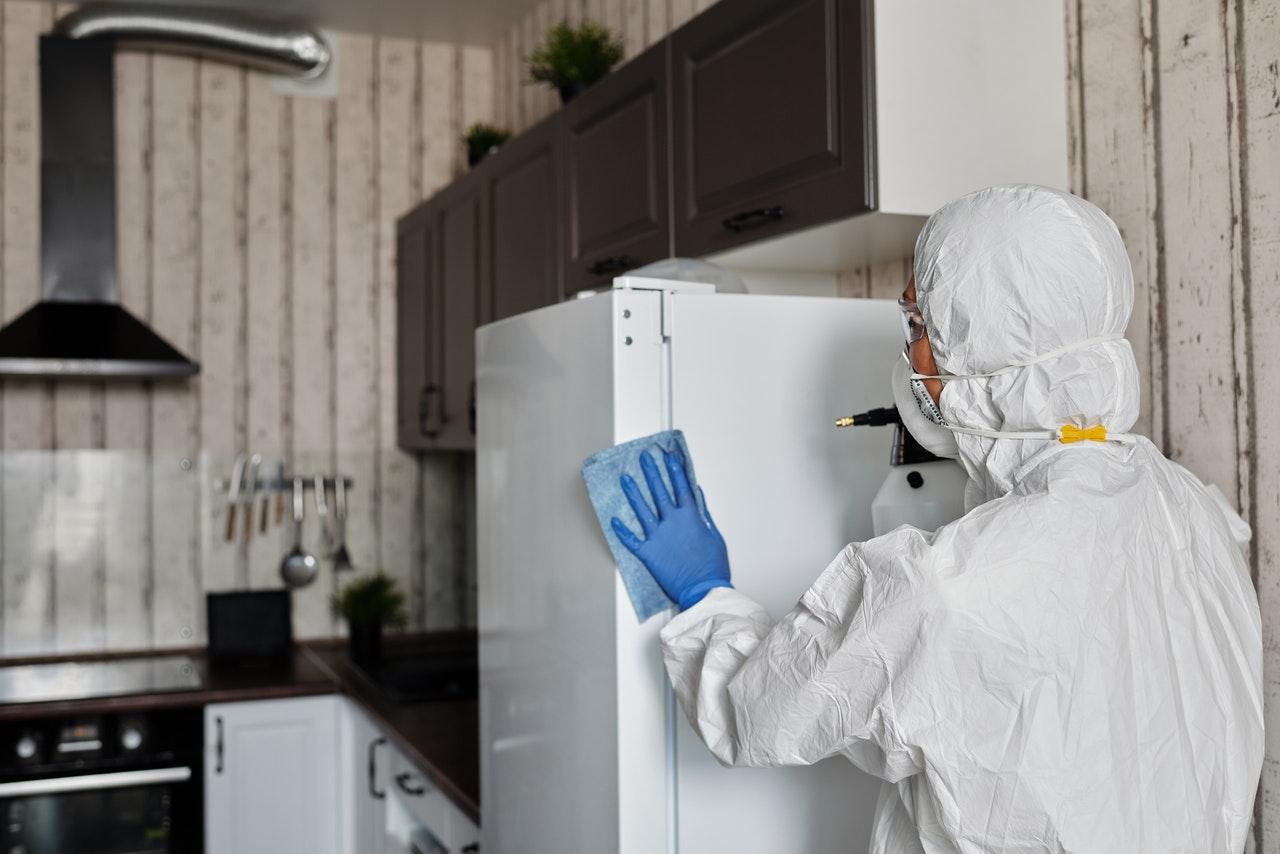Cleanliness and hygiene are on everyone's lips as concerns about the coronavirus continue to make the national headlines. Although the local economy has started to open up, people are still concerned about exposure and infection. This is especially true in the workplace. It is impossible for employees to feel comfortable and productive while constantly dealing with an invisible virus lurking around them. Employers should step up their COVID19 office cleaning plan to reduce fears and build trust in their workforce.
Many workplaces have implemented special cleaning protocols during the height of COVID19 or before employees return to work. That is not enough. The workplace needs to be cleaned more frequently and intensively, especially due to COVID19 concerns. Take a look at your facility's current cleaning practices and compare them to coronavirus concerns.
How long can the coronavirus survive on surfaces?
COVID19 is often transmitted by airborne droplets - coughing and sneezing. But the virus is resistant and can live for different lengths of time on surfaces. For example, one study found that it can survive for up to 24 hours on cardboard and up to three days on plastic surfaces. When the presence of stubborn particles on the surface is taken into account, facility disinfection protocols are of very importance.
Take into account the types of surfaces that are common in your facility and the possibility of coronavirus lingering on them. At least regularly clean these surfaces with disinfectant. Encourage employees to clean this up as well when they have finished using the room.
What is the coronavirus killing?
The severity of COVID19 as an infection is scary. Fortunately, getting rid of the debris from the virus is no more difficult than fighting most common germs. Most office cleaning and disinfecting products will do, including cleaning wipes that are more than 70% alcohol.
Cleaning wipes aren’t a practical use beyond spot cleaning for common surfaces. Eliminating COVID19 in large areas requires thorough cleaning or the use of methods such as electrostatic fogging. The misting is ironically similar to the spread of the coronavirus: a cleaning technician misted the area with an antimicrobial spray that is electrostatically charged to kill viruses and bacteria on contact.
After all, there is always good soap and water. Most hand soaps and detergents kill the virus in a pinch. This is typically not used in a workplace but works in break rooms and bathrooms.
Increase Your Cleaning Performances
Preparing in the workplace to prevent the spread of COVID19 can be as simple as stepping up what you are already doing. For example, if you have a cleaning service that comes in once a week, schedule a bi-weekly cleaning to keep up a sanitary environment.
It is also a good time to investigate deep cleaning options or new cleaning methods such as electrostatic fogging. How you cleanse is just as important (or more) than what you cleanse. Renew and give your employees real confidence in your efforts to maintain a clean and hygienic workplace.
Making Employees Responsible for Their Space
Any office cleaning plan should focus on employee responsibility. While it is your duty as an employee to keep your workplace clean, safe and comfortable, it is your duty to keep it that way. It is far from unreasonable to ask employees to throw away and clean up the trash when they are done with a room. It is also important to promote good sanitary and hygienic practices in personal and shared spaces.
If you want your employees to take care of the workplace, make it easy for yourself. Place garbage and recycling bins in common and accessible areas. Leave the sanitary napkins and disinfectant that easy to grab them. Put up signs to remind people to be polite when they leave their place. Make it easy for yourself to request more paper towels or make a maintenance request to fix the soap dispenser. All these little, insignificant ones. The actions give the employees the motivation and the means to clean the office the way they use it.
Assess your standards for a clean workplace
The cleanliness of your workplace plays an enormous role in the adjustment of employees after COVID19. If they are comfortable in a clean environment, they will face fewer barriers when they return to work. work better and feel good when your company values cleanliness. There are even cultural implications: employees feel more proud and connected in a workplace that is well maintained and kept at a higher level.
Assess your current workplace cleaning and maintenance standards and ensure they address specific coronavirus concerns. Adapt to employee concerns, be it more frequent cleanings, special hygiene practices, or new guidelines to promote cleanliness in the workplace.



